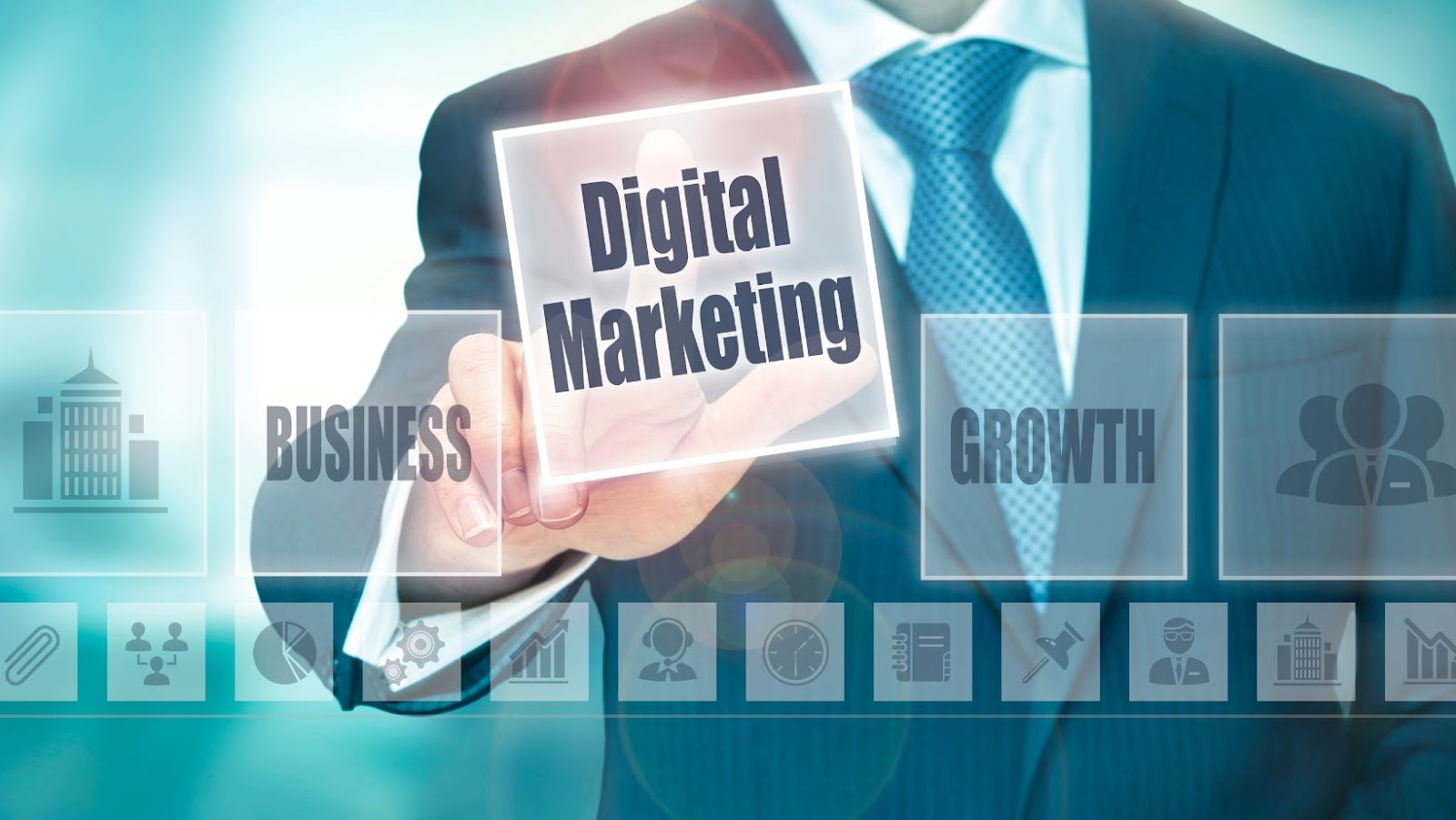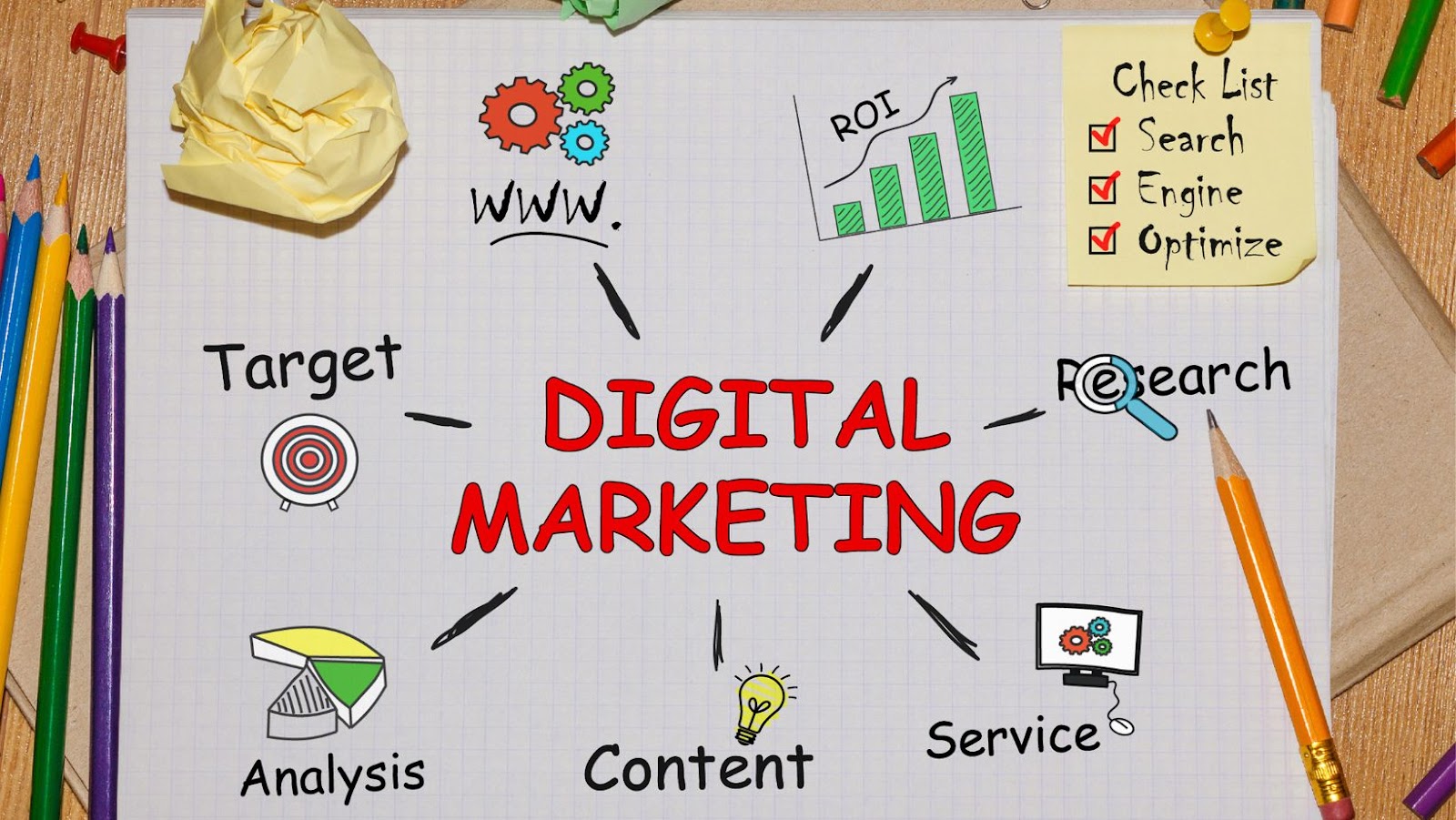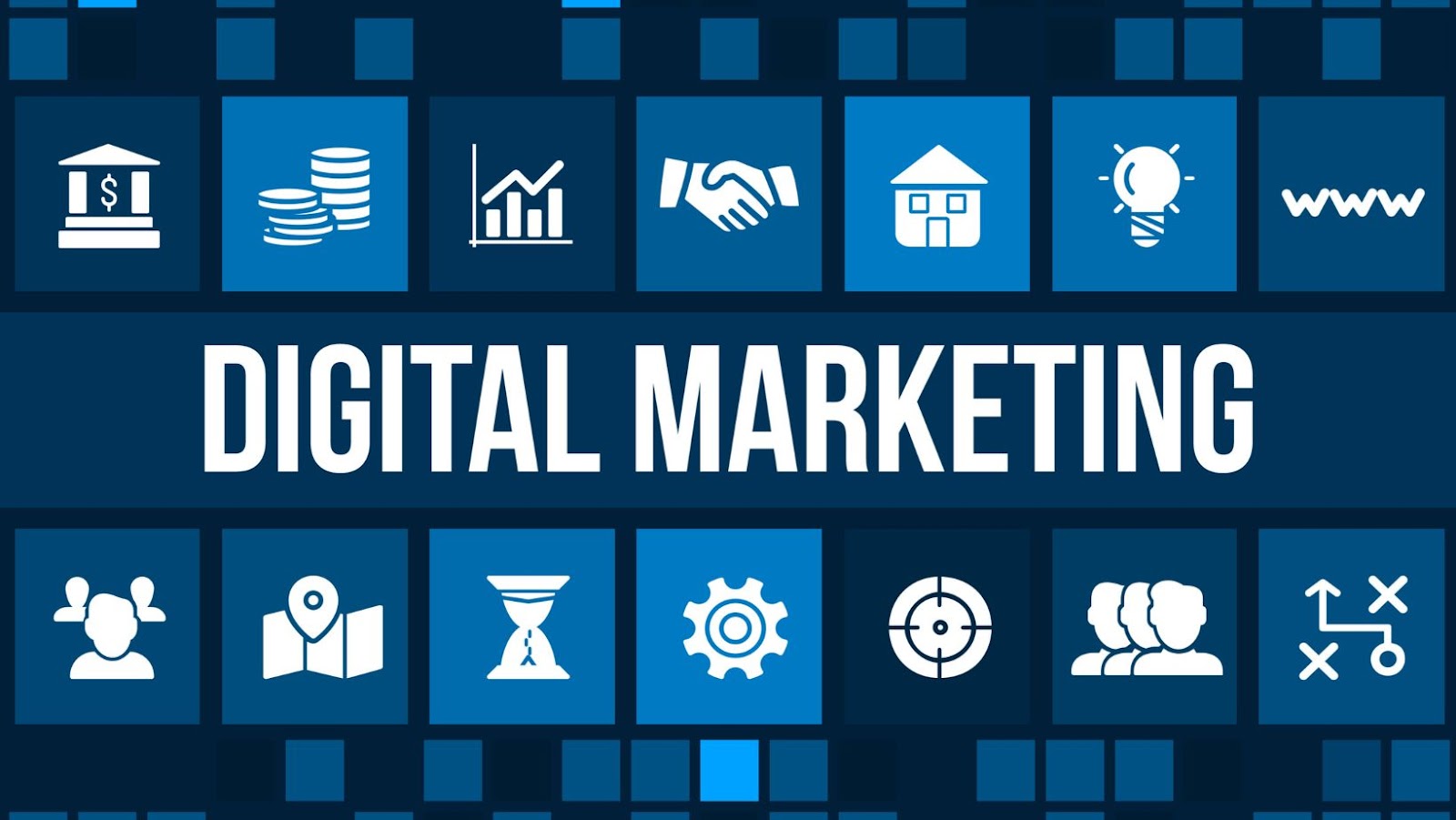 Digitalization in Marketing
Digitalization in Marketing
Digitalization can be described as the integration of digital technologies into everyday life by digitizing processes that were previously manual. In essence, it’s the conversion of information into a digital format. This change has extensive implications as data that’s digitized can be easily manipulated and processed, granting instantaneous access across global networks. For example, where once you’d have physical documents, now there are digital records accessible from any remote location.
The onset of digitalization has dramatically altered the marketing landscape. Notably, it has brought about several new marketing channels that marketers could leverage. Social media platforms, like Facebook and Instagram, and online marketplaces, such aas Amazon, offer extensive reach and custom targeting.
A major shift was the transition from outbound marketing to inbound marketing. Outbound marketing, the more traditional approach, involves reaching out to the consumer—think billboards, TV commercials, and radio advertisements. Inbound marketing—a result of the digital age—endeavors to attract customers by creating valuable content, thereby making consumers come to the brand.
Moreover, digitalization has allowed marketers to embrace data-driven decision making. Digital campaigns can be constantly tracked and tweaked in real-time based on performance analytics, a flexibility that traditional marketing could not offer. Companies such as Google and Facebook provide numerous data points about consumers, showcasing the power that comprehensive data collection holds in crafting highly targeted marketing strategies.
Digitalization has not only expanded the potential reach of marketing efforts but also revolutionized the strategies employed, allowing for more precise, data-driven, and measurable campaigns.
 The Importance of Digitalization in Marketing
The Importance of Digitalization in Marketing
Digitalization lies at the heart of modern marketing, fueling innovation and fostering business growth. Its importance permeates every facet of the marketing domain, profoundly affecting how businesses understand, reach, and engage with their audiences.
In the era of digitalization, it paves the way for improved customer interaction. Businesses can leverage various digital channels, such as social media platforms, email, and websites, to communicate with consumers effectively. Companies like Amazon, well-known for their personalization strategies, curate unique experiences for each user, promoting engagement and loyalty. Furthermore, the availability of online support and chatbots equipped with artificial intelligence provides instant assistance, enhancing customer service.
Equally consequential is how digitalization improves market research. Traditional methods of collecting and analyzing consumer data often prove time-consuming and inaccurate. Digitalization, however, enables real-time data collection, providing insights into customer behavior, preferences, and purchase patterns. Notably diligent in its data-driven approach, Netflix uses viewer habits and preferences to recommend personalized content. This technique yields not just complete, up-to-the-minute consumer profiles, but also accurate predictions for future trends. This invaluable information helps businesses tailor their marketing strategies, ensure customer satisfaction, and ultimately, stay ahead of the competition.
 Future Trends of Digitalization in Marketing
Future Trends of Digitalization in Marketing
Peering into the future, digitalization continues to chart a transformational trajectory in marketing. A couple of trends worth monitoring closely include the pervasive use of artificial intelligence and predictive analytics in the marketing domain.
Artificial Intelligence, or AI, has moved past being a futuristic concept; it’s now a staple in numerous marketing strategies. AI can mimic human intelligence, offering personalized customer engagement and insights. Google, with its AI-driven algorithms, leads in delivering targeted and efficient advertising. Similarly, Netflix leverages its AI-powered recommendation engine to deliver content that caters to individual user preferences.
In the future, AI’s impact extends beyond this. It’s predicted that AI will automate and optimize majority of the marketing operations, from content creation to customer service. Also, it’ll be instrumental in analyzing vast amounts of data to extract relevant insights, aiding in precise targeting.
Predictive analytics is a key trend in digital marketing, powered by the exponential growth of data. It uses advanced algorithms and machine learning techniques to forecast future outcomes based on historical and real-time data. Amazon successfully exemplifies the use of predictive analytics, as it predicts customer buying habits to suggest relevant items.
Moving forward, predictive analytics will play a critical role in personalizing every phase of the customer journey, leading to enhanced experiences and increased customer loyalty. Furthermore, marketers can leverage this technology to predict emerging trends, customer behavior, and sales patterns, enabling them to proactively adjust their strategies. In the realm of digital marketing, predictive analytics signals a future where decision-making is largely data-driven and precision-focused.